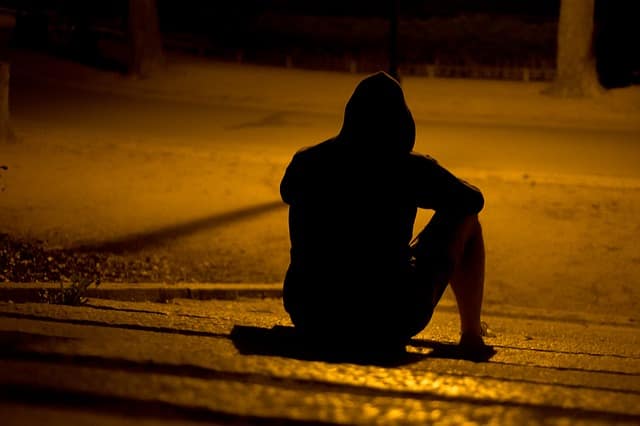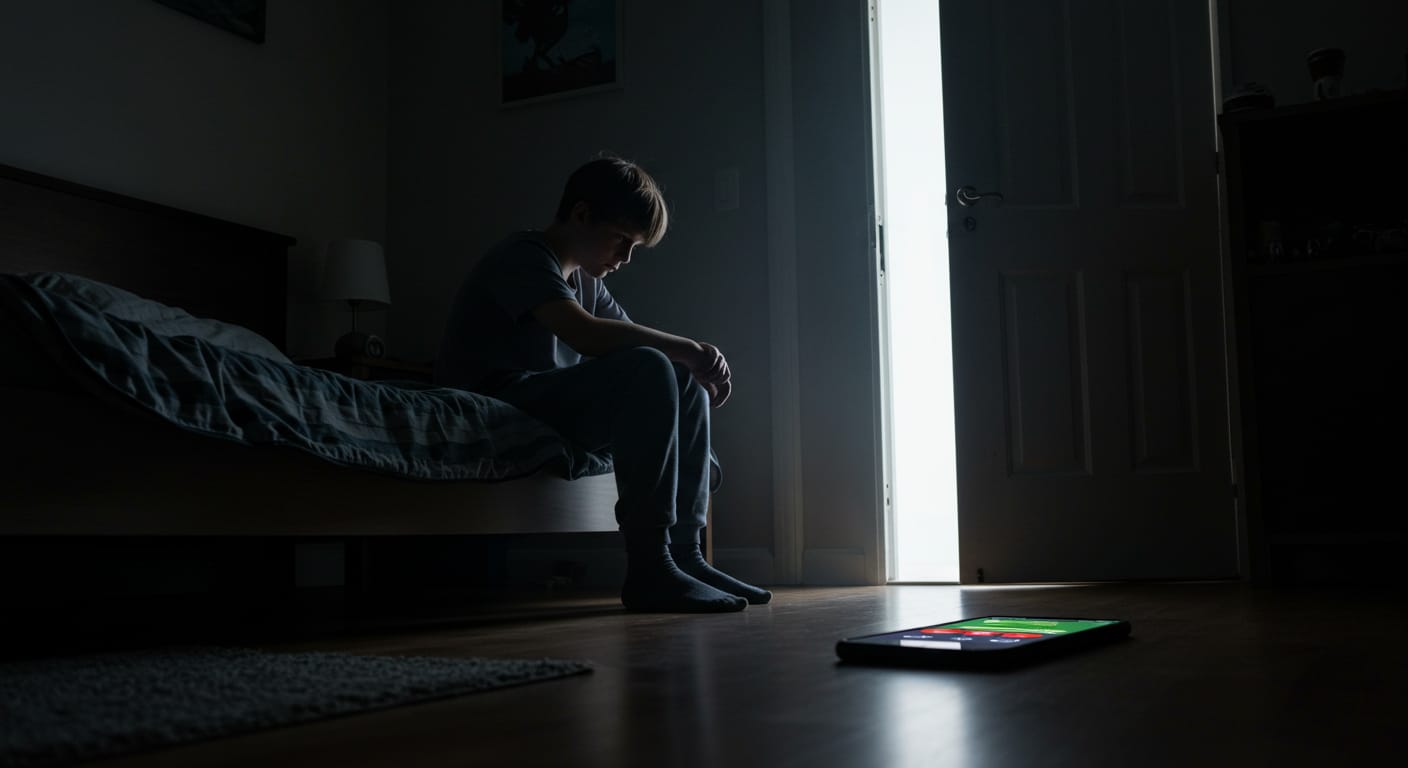Depression
Teenage depression is not something you can face alone. The stats are staggering—one out of every ten teens has been diagnosed with some form of depressive disorder. Mental illness does not discriminate. It doesn’t care about your background, your race, or your gender. It can affect anyone.
Trying to carry the weight of depression by yourself may feel brave, but it’s not sustainable. When you’re lost in your own pain, you need someone who isn’t tangled in it—someone who can see clearly and help guide you out.
Help Is Available
It’s okay to ask for help.
Feeling sad sometimes is completely normal. Fear of new situations, anxiety attacks, and emotional pain are all real. But clinical depression is more than sadness—it lasts longer, runs deeper, and can affect every part of your life.
If you or someone you know is experiencing overwhelming sadness, hopelessness, or emotional numbness, reach out. You don’t have to do this alone.
🆘 Crisis Hotline: 1-800-273-TALK (8255)
💬 Online Support: medhelp.org | reachout.com
These resources allow you to get support anonymously if that feels safer.
What Depression May Look Like
Depression doesn’t always look the same for everyone. Here are some signs to watch out for:
-
Persistent sadness or numbness
-
Anxiety or panic attacks
-
Sudden bursts of anger or irritability
-
Drop in grades or loss of interest in school
-
Neglecting hygiene or personal appearance
-
Dramatic changes in eating or sleeping patterns
If you recognize any of these signs in yourself or someone else—don’t ignore them.
Cyberbullying and Social Media Pressure
Cyberbullying is a major contributor to teenage depression today. Online hate, exclusion, and shaming can cut deeply. You may feel isolated, judged, or misunderstood—but you’re not alone.
It’s not weak to ask for help.
Therapy is not a failure.
Speaking up is not shameful.
Build a Support Network
A true friend will stand by you—even when you’re silent. Keep people in your life who lift you up when you can’t do it yourself.
What you can do right now:
-
Create a personal safety plan or diary.
-
Write down emergency hotline numbers.
-
Keep a list of trusted people or websites you can reach out to.
-
Save the names of those who’ve helped you—you might need them again.
Final Thoughts
Depression lies. It tells you that you’re alone, unworthy, and broken. But none of that is true.
You are not alone. You are not beyond help.
There are people who care and want to listen. Take that first step. Text. Call. Speak.
You never know how much lighter things can feel until you finally let someone in.



My kids are not teens yet, but I will make sure I look for these signs when the time comes.
Thank you for calling attention to Teen Depression. I know from personal experience what it’s like to live with this illness. Having someone to talk to helps a lot.
Having strong family relationships as well as friendships really help teens during their difficult time of transition from childhood to adulthood. I like the idea of having a list of resources as well.
Amanda, Family support can be quite helpful for some children especially during the difficult times of their life.
My oldest daughter struggled with bulimia and depression when she was in high school. THankfully she kicked both in the butt.
Kelly Hutchinson, You are lucky and I am so happy for your daughter some kids continue to battle Bulimia & depression into adult years.
This is great information. I am going to pass along to my cousin who volunteers at a teen program.
It’s important that we maintain a close relationship with our kids, as well make sure they are feeling okay from time to time. Thanks for sharing these signs and tips.
Amazing article, this is very helpful abd I’m sure all parents should have read this. I’d like to share this.
My kiddos aren’t quite teens yet. But I hope I never have to go through this with them. I at least now know how to watch for it, and what to do. So I’ll be saving this post.
I think I’ve mentioned it before, but the cutting is so serious in the junior and high school crowd. It seems to be a new trend and I am def. wondering if it is linked to depression (I honestly do not know). I do see friends my daughter has had doing it like it is nothing… and it saddens me, more than I can say.
Parents should really watch out for these signs as teens don’t normally open up to their parents. It’s also good to know that there is a hotline they can call if they don’t feel like talking to professionals.
Thank you for shining the light on Teen Depression and how to deal with it!! It is already hard to get teens to open up and share their feelings.